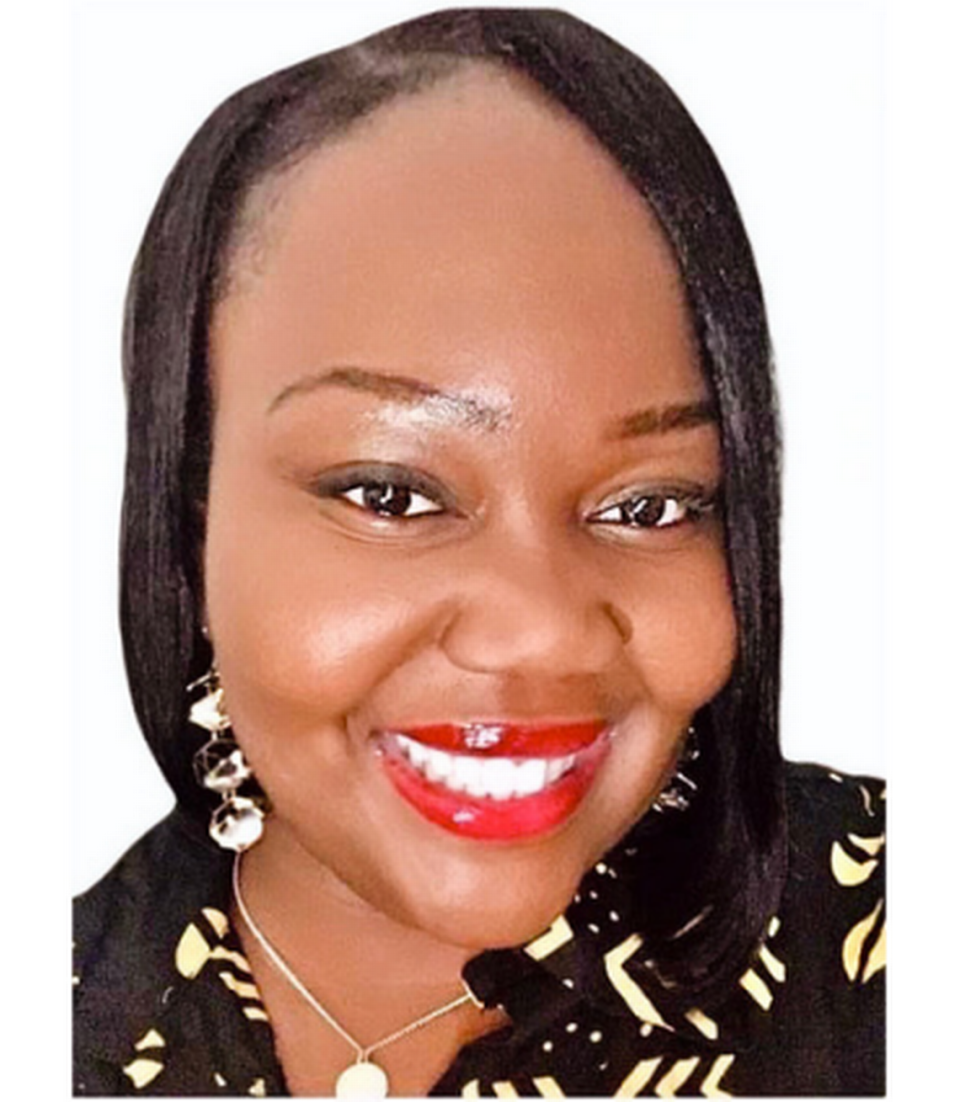Politics, lack of leadership in Miami-Dade public schools are hurting Black students. Let’s fix it| Opinion
The time for talking is over; it’s time for collective action. As evidenced by several reports and analyses, Black students in Miami-Dade Public Schools have struggled for far too long.
Though the persistent achievement gap is not just an educational issue, it does reflect our society’s priorities and overarching commitment to truth, equity, and justice. Addressing the academic struggles of Black students in Miami-Dade should not be so complicated.
These issues have existed for far too long. It is urgent that what needs to be done to close the achievement gap happen now, not tomorrow. While some measures are in place and on the horizon to close the achievement gap, it will take more than just those efforts.
We need a multi-faceted, comprehensive, cultural-based approach along with transformative solutions that involve our collective voices, our collective votes, and our entire community: educators, decision-makers, parents, clergy, organizations and employers. We need everyone.
Here are some ways we can strengthen the educational landscape for Black students:
Promote Diverse Leadership and Demand Accountability: Representation matters in leadership. Having leaders who reflect our community’s demographics is important. Increasing diversity in school leadership and governance can drive the change needed. Moreover, school district leaders must be held accountable for the academic outcomes of Black students. This includes setting clear, measurable goals for closing the achievement gap and regularly reporting progress and outcomes to the community.
Elevate Student Voices: Have we truly listened to the students themselves? Engaging Black students in conversations about their educational experiences can reveal insights and solutions that might be overlooked. Their voices should inform policy and practice at every level.
Policy Reform: Can we address the broader economic disparities that impact education? Education cannot be isolated from the socioeconomic context. We need policies that tackle poverty, unemployment, food insecurity, and housing instability, ensuring that all students have a jumpstart and the stability they need to succeed.
Enhance Teacher Training and Diversity: Measure diversity in the curriculum by including African and African-American history and the history of the nation’s broad struggle for civil rights as a required rather than a voluntary element.
Ensure Equitable Funding: Allocate resources based on need. Allocate 100% of the Title One funding for low-performing schools and increase funding in remedial education specifically in reading and math. Schools serving predominantly Black communities must receive equitable funding to provide the necessary support, including smaller class sizes, updated technology, high-quality digital resources, and extracurricular programs.
Increase Access to Advanced Coursework Earlier: Identify, expose and nurture the potential of Black students for advanced coursework, such as Gifted programs, AP classes and STEM initiatives. Barriers to access to these programs must be dismantled. Active, intentional and early recruitment is essential.
Strengthen Community and Family Engagement: There should be no more one-off events. Schools need to build strong, trusting relationships with Black families and community leaders. This means creating genuine partnerships, listening to concerns, and involving families in decision-making processes.
Prioritize Mental Health and Well-being: Increase access to mental health resources for Black students. Schools should provide adequate counseling services and create a supportive environment where students feel safe to express their challenges and seek help.
Invest in Early Childhood Education: Ensuring access to high-quality early childhood education for Black children can lay a strong foundation for future learning. Early intervention can help mitigate the effects of socioeconomic disparities and prepare students for academic success.
Take the Politics out of Education: How can we dismantle the systemic racism and gameplaying that permeates our education system? To truly serve our students, we must take the politics out of education and focus solely on our children, their needs, and their potential. Decision-makers must be held accountable for creating and implementing policies that equip every child with a fair, high-quality education.
By implementing these measures with urgency and commitment, we can ensure that Black students in Miami-Dade receive the high-quality education they deserve, paving the way for a brighter, more equitable future for all.
Daniella Pierre is President of the NAACP Miami-Dade Branch. To get involved in this effort, contact the NAACP Miami-Dade Branch at miamidadecommunications@gmail.com or visit miamidadenaacp.com.


